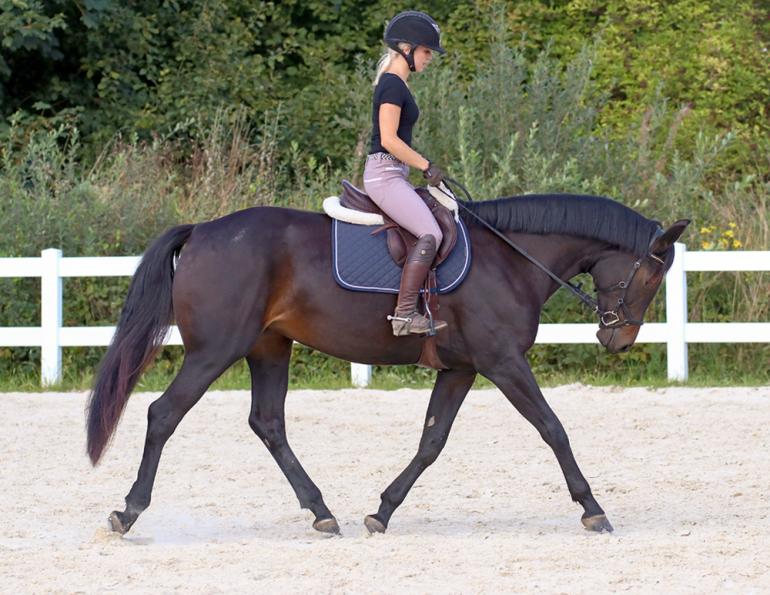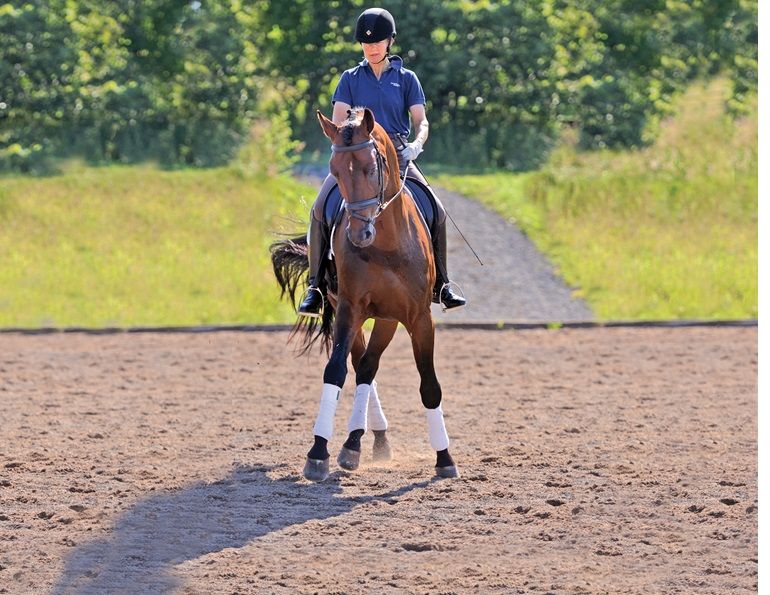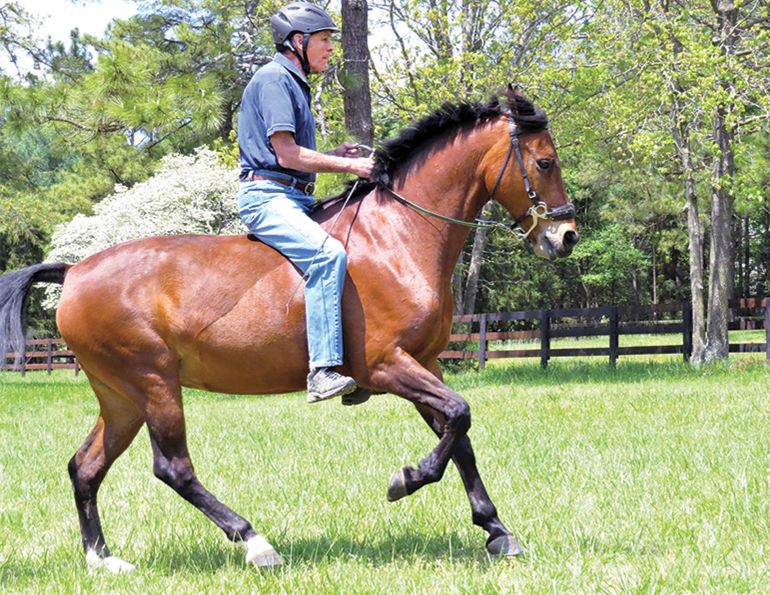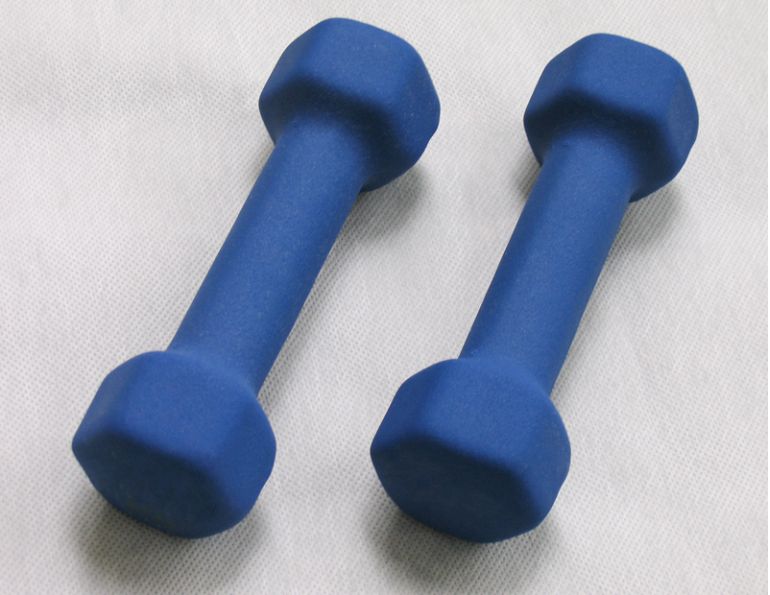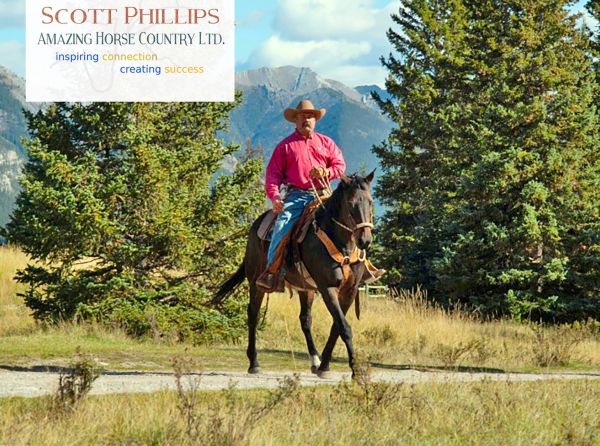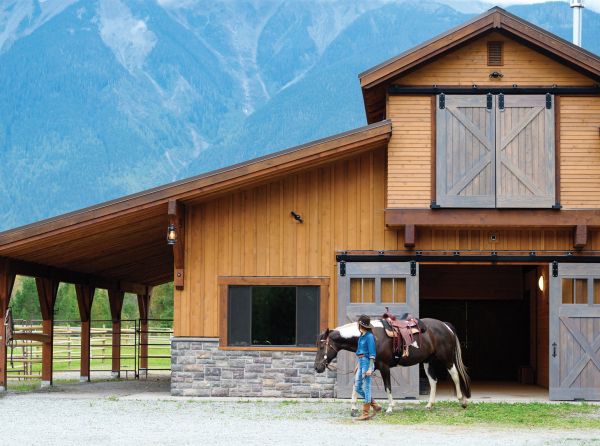By Tania Millen, BSc, MJ
Breakaway roping is the fastest rodeo sport on the planet right now. Winning times are less than two seconds. Yes, you read that right — less than two seconds can garner professional breakaway ropers thousands of dollars in winnings. And it’s a sport just for women.
“Breakaway roping is a career path for women nowadays, where it was never even considered before,” says Margo Fitzpatrick, the organizer of Canadian Finals Breakaway in Claresholm, Alberta, which provides the biggest one-day event payout in Canada of almost $40,000. She’s been organizing local breakaway roping events in Alberta for more than 20 years, but it’s only since 2019 that the sport has taken off.
In 2019, RFD-TV’s The American one-day rodeo event in Texas, United States (US), included breakaway roping for the first time. Nearly 500 women qualified for the inaugural event, chasing a piece of the rodeo’s $2 million in prize money. The winning breakaway rider took home an astonishing $110,000 USD and that single event put breakaway roping on the map.
“Breakaway going mainstream in 2019 changed my life,” says Lakota Bird from Nanton, Alberta, who was fourth in the average at Canadian Finals Rodeo 49 (CFR) in November, 2023. Now age 27, Bird has been roping since she was 7, and is the breakaway roping director for the Canadian Professional Rodeo Association (CPRA). “I rodeo professionally pretty much full-time. But if it wasn’t for breakaway roping becoming an event at professional rodeos, I probably would have just stopped roping after college. There was nowhere for me to go.”
Related: Horses with Jobs: Rodeo Pick-Up Horses
Related: 4-H Canada - Learn to do by doing

“Breakaway going mainstream in 2019 changed my life,” says Lakota Bird, pictured. Photos: Wildwood Imagery
Here’s how breakaway works: A calf is held in a chute at one end of the arena. A roper enters the “start box” to the calf’s right. When the roper nods her head, the calf is released and starts running down the arena. Then a rope across the front of the roping box releases, allowing the roper to gallop after, and rope, her calf.
“For most rodeo associations, the bell collar catch is the only legal catch,” says Fitzpatrick. “That means the rope passes over the calf’s head, comes tight on its neck behind the ears, and it can’t include any other parts of his body like a leg or a tail.”
Related: Bridging the Gap - 3 Tiers of Equestrian Sports in Canada
Related: Leaping the Gap - From Riding Student to Professional Equestrian
The non-roping end of the lariat is tied to the rider’s saddle horn with a thin string. After the rope is around the calf’s neck, the rider stops her horse, breaking the string attaching the tail of her rope to the saddle horn. The clock stops when the rope is pulled off the saddle horn, which for winning professionals, is less than two seconds.
“Prior to 2019, breakaway roping was part of high school rodeos but it wasn’t considered an event by amateur or professional rodeo associations,” explains Fitzpatrick. That meant as soon as the high school rodeo gal who was competing in barrel racing, pole bending and breakaway graduated from high school, the only rodeo event she could carry on with was barrel racing. Boys compete in breakaway roping at the junior level, too, but once they reach age 14 to 16, they’re no longer eligible. However, they can compete in calf roping or team roping events at mainstream rodeos.
Enthusiasm for the sport is growing. At jackpots — pop-up shows that anyone can enter — there are usually 30 to 40 competitors of all ages. Breakaway is one of the few horse sports where pregnancy and having children doesn’t end a woman’s career. Several top professionals have competed while pregnant and returned to the sport within a few months of having their babies.
A good breakaway horse is quick-footed, has speed, a big stop, and can handle the pressure of the start box. A lot of breakaway horses come from cow horse sports such as cutting and reined cow horse, because they require similar skills. The prices of breakaway horses currently range from $20,000 to $50,000, so parents of teens who want to get into high school rodeo — a precursor to the professional rodeo leagues — are struggling to buy horses.
“I think it’s one of the risks to the horse industry as a whole,” says Fitzpatrick. “It’s going to become unaffordable.”
Surprisingly, breakaway is manually timed and is a two-person job.
“A flagger drops his flag when he sees the rope break away from the saddle horn, which is why there’s a colourful flag tied to the end of the rope,” says Fitzpatrick. “Then the timer stops the time when the flag drops. Some events have an automatic start, but in most cases there’s a timer manually starting and stopping the time. Usually there are two timers and they average the time to one or two decimal places. If you only time to one decimal place, it’s common to have ties.”
Breakaway roping was included at 42 regular Canadian rodeos in 2023 — close to 75 percent of them.
“I’m hoping a few more rodeos will add it in 2024,” says Bird who, as a CPRA director, advocates for rule changes, collects sponsorship, and helps raise prize money for the Canadian finals. Unlike other rodeo events, breakaway is considered a major optional event at the CFR. That means there are fewer breakaway runs during the CFR than the mainstream events, and prize money is lower.
“We [breakaway supporters] raise all our prize money, pay for our stock, and pay pretty much all of the breakaway expenses at the CFR,” she says, explaining that the CPRA pays those fees for other sports.
In 2023, Shaya Biever of Claresholm, won $32,441 and her first CFR championship with an aggregate time of 7.6 seconds over three runs. Biever’s payout was less than half that of the winning barrel racer, who won $72,831, but that didn’t dampen her day.
“It’s my biggest win to date,” says Biever. “I had a heck of a year and things were really going my way.”

Shaya Biever won her first CFR championship in 2023. Photo: Wildwood Imagery
Now age 23, Biever says she started roping “as soon as I could swing a rope” and won the dummy roping at the CFR at five years old. She gets roping help from her dad and a former college rodeo coach but says her mental game has been the biggest challenge.
“I was able to change my mindset this year and that helped me a lot compared to last year,” says Biever. “I figured out how to take the highs with the lows and work through everything.”
One constant is her horse.
Related: Top Five Myths about Cutting Horses
Related: Bill Collins: A Legendary Horseman
“We got Bullet [CQ Badgers Thor] when he was a three-year-old and now he’s 16,” says Biever. “I’ve literally grown up with him. He’s at the top of his game and we’re nowhere near done yet.”
Another Canadian making her mark in breakaway is Shelby Boisjoli from Langdon, Alberta, who now lives in Stephenville, Texas. In 2023, she set a record for regular season rodeo earnings, winning almost $165,000. She’s also one of only two Canadians who qualified for the 2023 Wrangler National Finals Breakaway Roping, which was held in Las Vegas, US, in December, 2023 and has a $250,000 payout.

Shelby Boisjoli is one of only two Canadians who qualified for the 2023 Wrangler National Finals Breakaway Roping. Photos: Wildwood Imagery
Arguably one of the top breakaway professionals is American Jackie Crawford whose career earnings exceeded $800,000 in 2023. She’s also won 23 Women’s Professional Rodeo Association world titles, including three in breakaway roping. (The others are in tie-down roping and team roping). In 2019, Crawford was third at the inaugural The American event and in 2022, she won it, earning $100,000 USD. In 2023, she won a staggering $600,000 at The American, by far the highest-earning day for a woman in roping’s history.
However, breakaway has a way to go before it’s on equal footing with other rodeo events.
“I think it’s going to continue to grow,” Fitzpatrick says. “I don’t think we’re anywhere near where it has the potential to be. But I think for breakaway to get as large as barrel racing or team roping there’s going to have to be some kind of equalization format or handicapping that you see in both those events.”
“Five years ago, everybody was excited to be entering,” she says. “But the same women were winning all the time, because they were just that much better. So, riders realized they were never going to beat the pro girls and that gets old after a while.”
To encourage participation, breakaway competitions started offering an amateur incentive in 2023.
“That was a game changer because it provided an opportunity for amateur riders to compete against their peers rather than the pros,” says Fitzpatrick. That means everyone can enjoy the sport and potentially win their class without competing against some of the best in the world.
Although not a regular event at every rodeo, breakaway has come a long way in a few short years and made a significant difference in the lives of women who want to pursue rodeo careers outside barrel racing.
“The events have become faster, there are women doing breakaway full-time and making a living off it, the horses are better, and there’s unbelievable prize money,” says Fitzpatrick. “It’s a great opportunity for women.”
Related: Colt Starting Competitions
Related: Roping 101: Cowboy School
Main Photo: Shaya Biever. Credit - Wildwood Imagery





